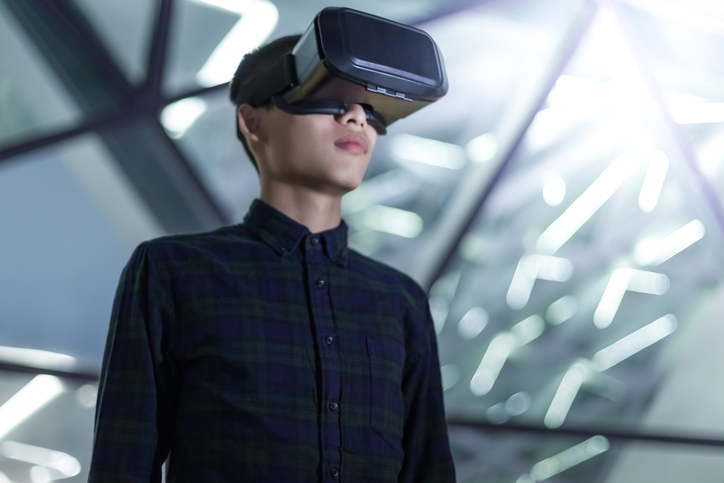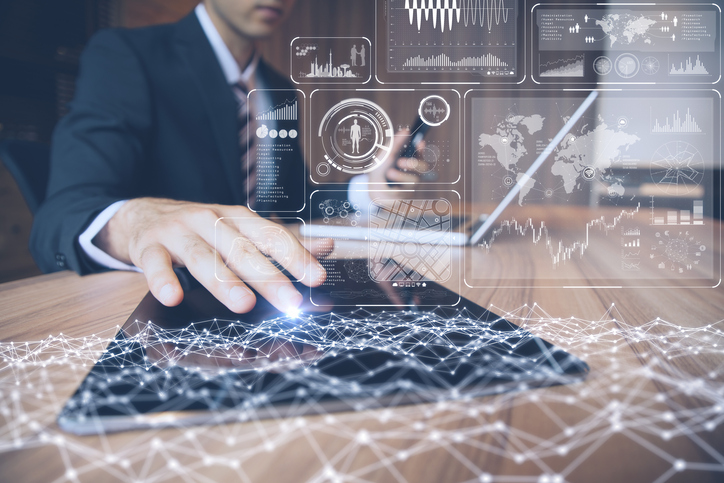
When social media burst onto the scene, it was hard to imagine anything else could have such a profound effect on online marketing. But watch out: Huge changes are afoot in B2B marketing that will be every bit as pervasive and influential – and they’re coming from many directions at once!
B2B Marketing Must Embrace These Emerging Technologies
Artificial Intelligence (AI)
Artificial intelligence refers to a computer program’s ability to adapt to spontaneous input from its environment. For marketers, AI makes it possible for elements of your digital presence – like your website and your customer service “bots” – to use past input as a guideline for customizing their response to future visitors. It’s the ultimate in personalization.
Internet of Things (IoT)
The future of the Internet? Things! The Internet of Things is the trend for appliances and other common household devices to connect to the Web. By gathering data from sensors in the home environment, IoT devices can deliver unprecedented services. Naturally, it’s only a matter time before native advertising and marketing platforms emerge.

Customer Journey Analytics
The future will go well beyond lead attribution in defining the buyer journey and delivering custom content at every step. Next-level customer journey analytics will be so comprehensive and precise that marketers will finally have what they’ve always wanted: An end-to-end “bird’s eye view” of virtually everything in the digital sphere that influenced a buy.
Augmented (Virtual) Reality
Augmented reality has started to show up in a big way on smartphone apps, letting users translate languages on the fly or identify colors they have difficulty seeing. The next step is fully immersive virtual reality. It’s already available in consumer electronics and might be the future of local retail. Who knows what marketing opportunities will open up?
Spatial Analytics
Of all these ideas, spatial analytics is the one you might not have heard about just yet. It’s an exciting concept: That deep location intelligence will add context to everything from customer buying habits to supply chain optimization. IoT will only enhance the number of location-tracking sensors, and mobile phones will do their part, too.
All these new technologies are beginning development mainly in the world of B2C. Once they offer consistent and polished experiences, the sky’s the limit for B2B adoption.
For now, marketers should get familiar with emerging B2B applications. AI chatbots can already simulate personalized customer service and virtual reality is rapidly advancing to the point where it might someday all but replace customer on-sites.
Another important piece of the puzzle: Keep your focus on marketing automation. The new wave of technology will be about abstracting away “busywork” and making strategic decisions more impactful than ever before.
